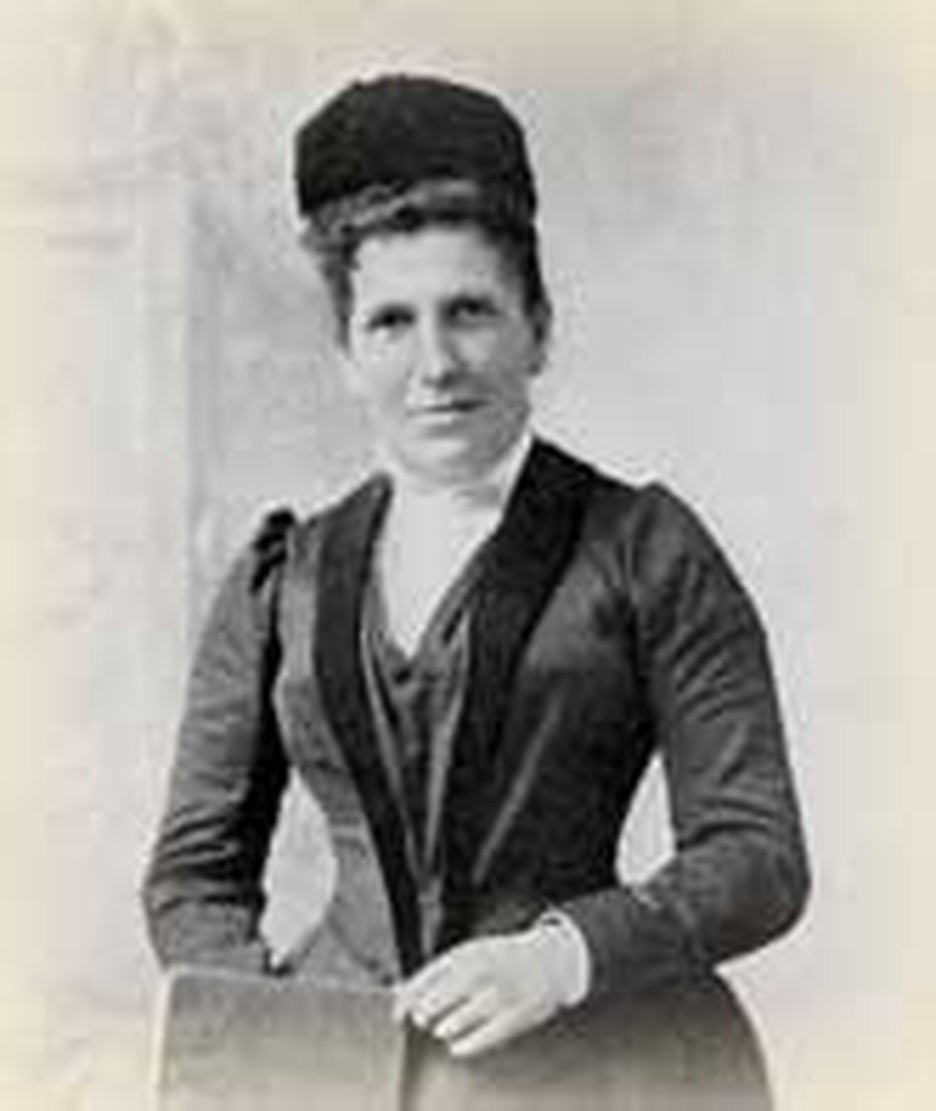
Money, servants, dinners, parties, balls-- Emma had it all. Her wealth allowed her to admire herself in dresses that glittered with diamond dust. She and her businessman husband, Sidney Whittemore, moved among the elite of New York, unaware of anything missing in themselves.
One afternoon, Emma's friend, Miss Kelly, persuaded her to hear an evangelist. Completely on his own, Sidney went too. Neither had the slightest idea the other would be there. Both were stirred by the message and went down to the mourner's bench. Soon afterward, Miss Kelly urged Emma to visit Water Street where Jerry McAuley, an ex-convict and reformed drunkard, had opened a mission. Sidney agreed to allow Emma to go just once, but only if he escorted her through the rough area of New York City.
"Never can that night be erased from my memory," wrote Emma. "From the time we got off the car at Roosevelt Street, each step opened up some new horror." She heard curses, saw quarreling, fighting, police abuse, and women dragged off to the station. As the meeting progressed, God got such possession of the Whittemores that both sat in painful silence as they were convicted of their useless lives. "We arose with a holy determination, born of God himself, to henceforth live for his glory and praise."
One evening she spent some time "alone with God, earnestly inquiring of him" what she was to do. "Suddenly the girls on the street came to my mind..." But the thought of working with these wayward women horrified her. "Oh, anything but that!" she pleaded. A deep hush of shame came upon her heart and she yielded to what the Lord was asking.
But she often found the work unbearable. "Oh, Lord, I cannot, I cannot see these fearful sights again! It simply breaks my heart." The outcome was always that she received more love to go on.
If girls were to be rescued, homes were needed to house them. On this day, October 25th, 1890, Mother Whittemore's first Door of Hope opened. Within four years, the Door of Hope had helped 325 girls. Eventually Door of Hope went international. By Emma's death in 1931, there were 97 homes in seven countries.
Bibliography:
- Burger, Delores T. Women Who Changed the Heart of the City: The Untold Story of the City Rescue Mission Movement. Grand Rapids, Michigan: Kregel, 1997.
- King, Louis L. "Mother Whittemore's Miracles." Alliance Witness.
- Magnunson, Norris. Salvation in the Slums; evangelical social work 1865-1920. Grand Rapids, Michigan: Baker Book House, 1977.
- Whittemore, Emma M. Records of Modern Miracles. F. A. Robinson, editor. Toronto, Ontario, Canada: Missions Of Biblical Education, 1947.
Last updated October, 2006.


